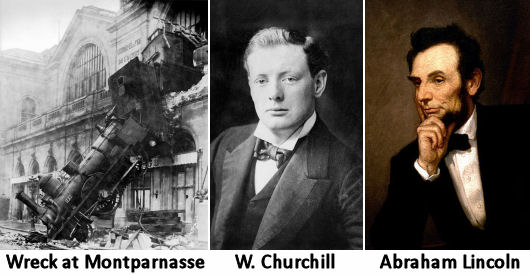Dorothy Parker? Wilson Mizner? Apocryphal? Anonymous?
Question for Quote Investigator: Calvin Coolidge was the 30th President of the United States, and his highly reserved character in social settings led to the nickname “Silent Cal”. A few years after his death in 1933 two similar anecdotes began to circulate about the spoken reaction to the news of Coolidge’s demise. Reportedly, when the wit Dorothy Parker was notified she said:
How can they tell?
Also, when the raconteur Wilson Mizner was told he said:
How do they know?
What evidence is there for these two tales?
Reply from Quote Investigator: The earliest evidence located by QI was published in the 1936 book “Enjoyment of Laughter” by Max Eastman in a chapter about the use of exaggeration in humor:1
…Dorothy Parker’s remark when told that Calvin Coolidge was dead: How can they tell?
In 1937 a review of Eastman’s book was printed in “The Glasgow Herald” of Scotland, and the remark ascribed to Parker was reprinted:2
But here one gives the prize to Dorothy Parker, that vitriolic lady who “can’t read Wodehouse.” When told that President Coolidge was dead all she said was, “How can they tell?”
Here are additional selected citations in chronological order.
Continue reading “Dialogue Origin: “He Is Dead.” “How Can They Tell?””

